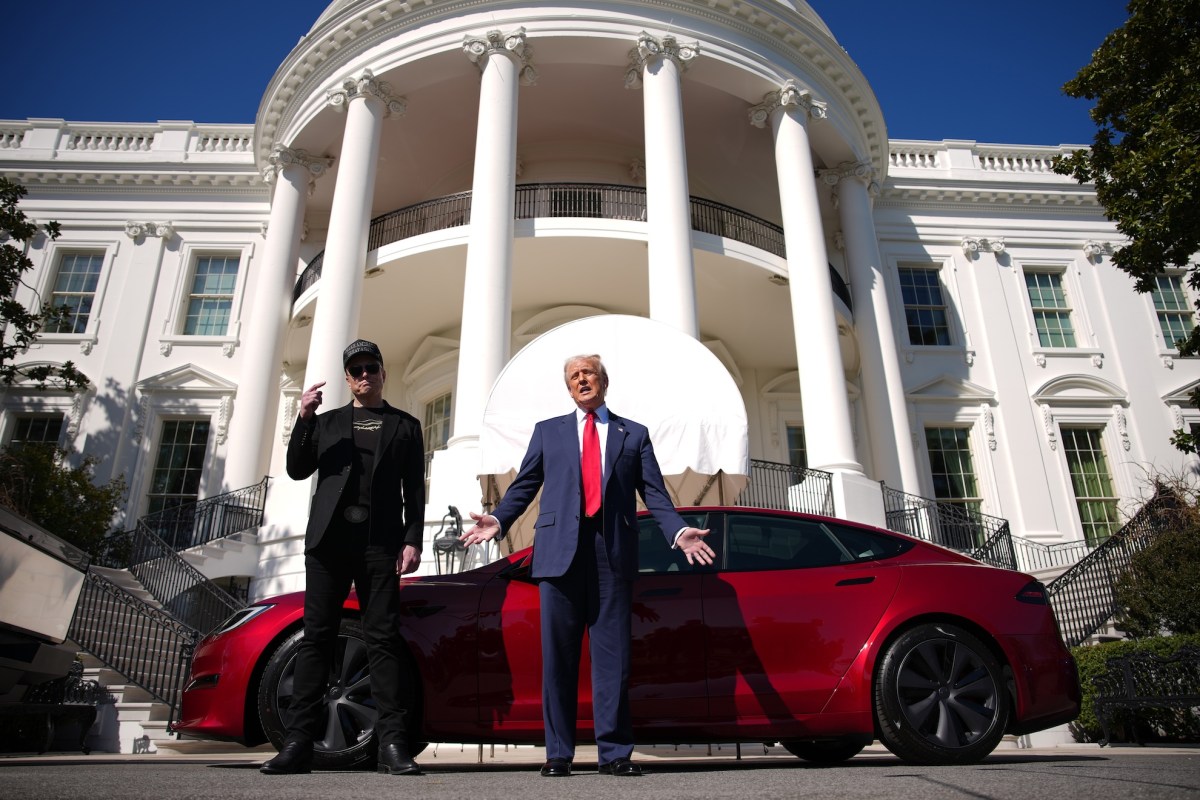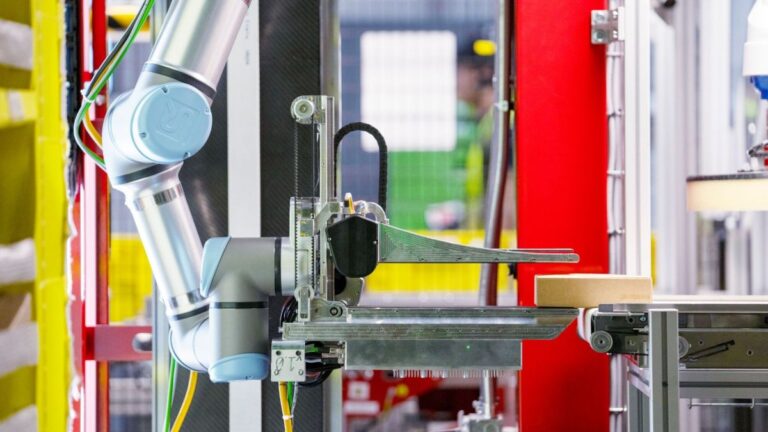Elon Musk’s Chainsaw Tactics: How Tesla is Weathering the Impact of Government Scrutiny
Elon Musk has been a pivotal figure in transforming Tesla into a leader in electric vehicle innovation. However, his recent foray into politics, particularly his association with President Trump, has cast a shadow of uncertainty over the brand. Many potential buyers are now questioning Tesla’s once-progressive identity, as Musk’s management decisions, including significant layoffs and cuts to federal programs, have stirred controversy.
The Decline of Tesla’s Popularity
Tesla’s first-quarter delivery numbers for 2025 show a significant downturn, with only 336,681 vehicles delivered—down from 495,570 in Q4 2024 and 386,810 in the same period last year. This decline follows a lackluster 2024, characterized by production delays and increasing competition in the electric vehicle (EV) market.
Impact of Political Affiliations
Elon Musk’s political actions have transformed Tesla into a controversial brand, leading to:
- Record high trade-ins and a drop in sales across Europe.
- Calls for boycotts from foreign leaders.
- A significant decline in stock value, with losses of approximately 50% since December.
Protests have emerged outside Tesla showrooms and charging stations, with demonstrators aiming to diminish the brand’s reputation and Musk’s wealth.
Expert Opinions on Tesla’s Challenges
Sean Tucker, lead editor at Kelley Blue Book, emphasized the brand’s unprecedented public image crisis. Even Dan Ives, a long-time supporter of Tesla, urged Musk to redirect his focus towards the business rather than politics, warning that failure to do so could lead to dire consequences for the company.
To counteract the negative press, Musk continues to promote the idea that Tesla is not merely an automaker, but a technology company that will revolutionize transportation with AI and autonomous vehicles.
Key Events Shaping Tesla’s Future
Several critical incidents are influencing public perception of Tesla:
Political Symbolism
Recent studies indicate that Musk’s political affiliations have alienated many traditional Tesla customers, particularly from the Democratic base. However, there has been a slight increase in interest among Republican buyers, with purchase likelihood rising from 7% to 10.2% after Musk’s endorsement of Trump.
Stock Market Concerns
During a recent livestreamed presentation, Musk reassured employees and investors to “hang onto [their] stock,” despite acknowledging the challenging market environment. He emphasized the potential future value of Tesla’s fleet, if equipped with self-driving capabilities.
Protests and Violence
The so-called “Tesla Takedown” movement has led to peaceful protests aimed at discouraging Tesla purchases and trades. However, the situation has escalated into violence in some areas, sparking concerns over safety and public perception.
International Backlash
In Europe, Tesla’s sales have plummeted dramatically, with a reported 76% drop in Germany alone. A recent survey indicated that 94% of Germans would not consider purchasing a Tesla, further highlighting the brand’s challenges in international markets.
Competitive Landscape and Innovations
Amidst Tesla’s struggles, competitors like BYD are making significant strides. BYD has introduced rapid charging technologies and advanced driver assistance systems at competitive prices, positioning itself as a formidable rival in the EV sector.
As Tesla grapples with an aging vehicle lineup and ongoing recalls—such as the recent issues with the Cybertruck—questions remain about the company’s ability to innovate and regain its former prominence in the electric vehicle market.
For more information on Tesla’s latest developments and market strategies, visit the official Tesla blog or explore related articles on Kelley Blue Book.







